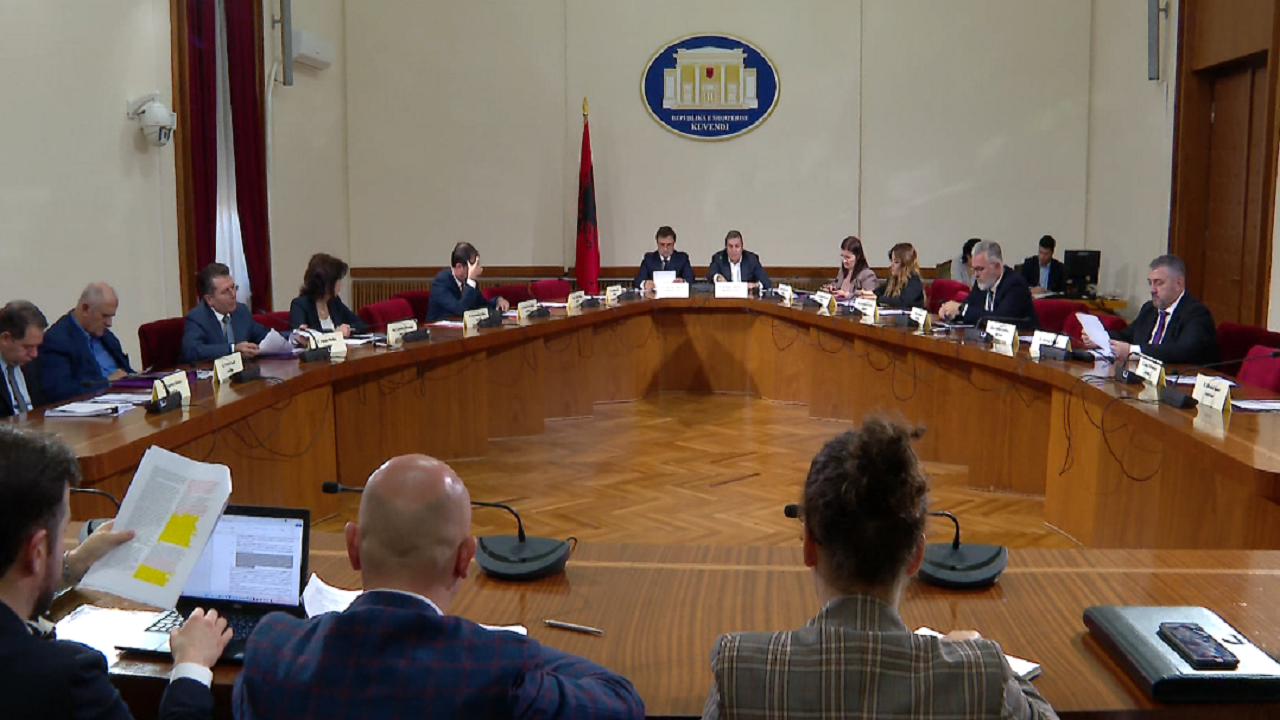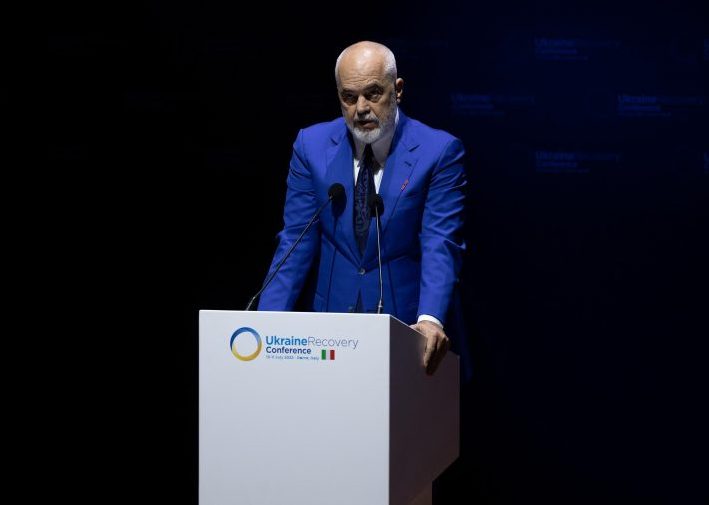Electoral reform on the verge of failure

Socialists and Democrats are failing to reach consensus on electoral reform.
Why is this relevant
Amendments to the electoral law are seen as imperative not only to address the recommendations made in the recent OSCE/ODIHR election reports, but also to enable the participation of the Albanian Diaspora in parliamentary elections.
Context
Changes to the electoral law in Albania have always been achieved through a bipartisan commission. However, in March, the two main political forces, reached an agreements to bypass the commission, which failed to achieve any results for two years, and engage instead through a working group composed of 6 members in order to reach preliminary agreement on amendments. Subsequently, the agreed changes would be approved by parliament.
However, the sticking point is the opposition’s insistence that, in addition to the OSCE/ODIHR recommendations, the possibility of pre-election coalitions be reinstated in law. This change, preventing pre-electoral coalitions, became constitutional in 2020 when the Democrats were not in parliament after burning their mandates in 2019. Historically, since the first democratic elections in 1992, the Socialist Party has emerged as the biggest force. Aware that the Democrats cannot win the 2025 elections alone despite facing an opponent who has been in power for 12 years, the Democratic Party in opposition seeks the opportunity to unite with its small allies in order to maximize their results. This demand, however, is obviously rejected by the Socialists, who cannot offer their opponents such an opportunity.
Under these circumstances, the Socialists declared on Friday that they are ready to attend a plenary session with a package of changes to the electoral law, including those concerning the emigrants’ vote, even though they lack the 84 votes needed to pass the amendments, hoping that the opposition will reflect on the need for these changes.


